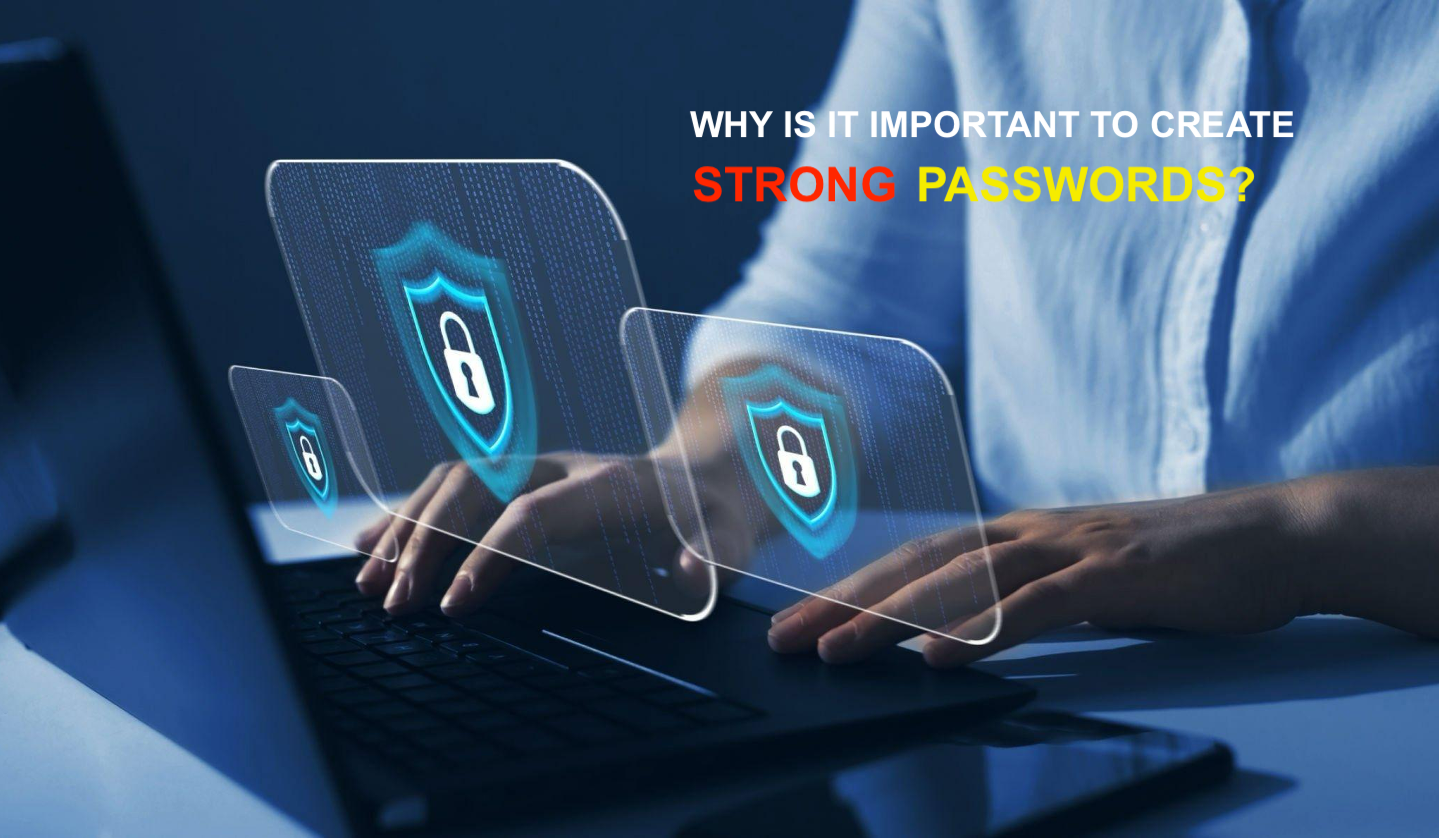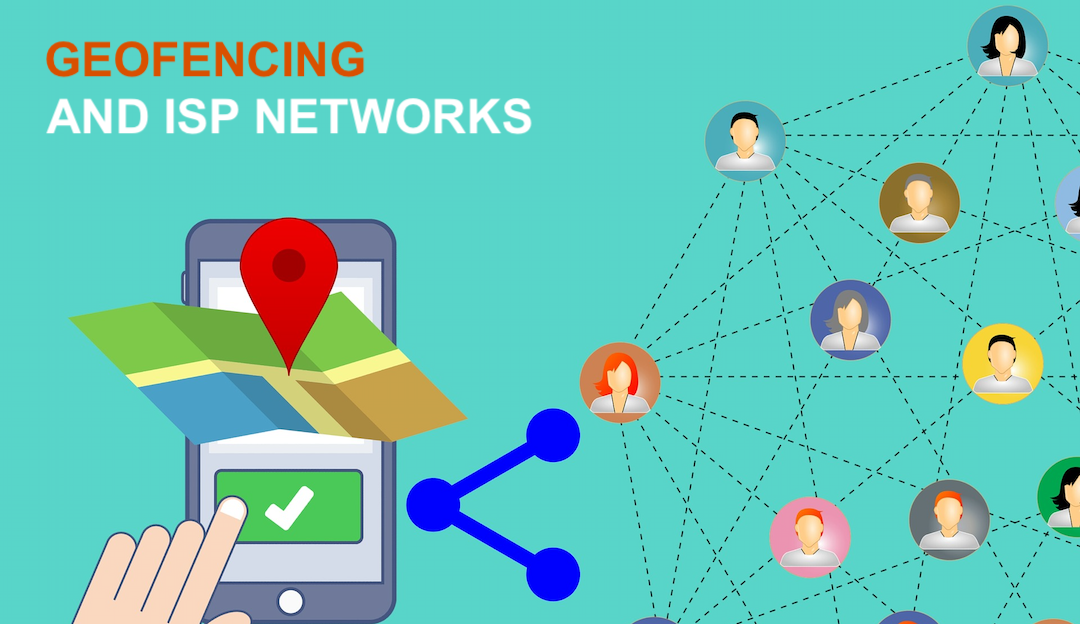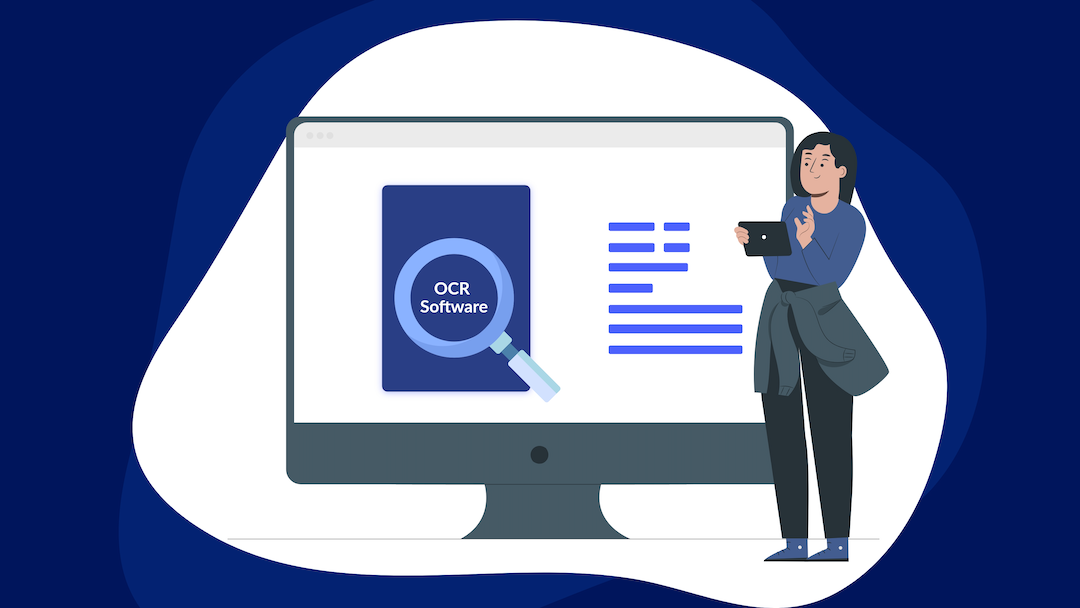
Many users are vulnerable to data breaches, account takeovers, identity theft, and other risks because they use self-generated passwords. Poor password management can result in serious cybersecurity issues that disrupt business operations.
The need for secure passwords cannot be overstated. They protect your sensitive personal data by preventing unauthorized access to your accounts. Your data is more protected with a more sophisticated password. This protects from countless online threats and hackers.
You must be wondering if there is a way to secure your passwords and personal data. Let’s take a look at a few simple steps you can take to tighter your security.
Why are secure passwords crucial?
A strong password is one that is challenging to decipher using brute-force methods or guessing. In a brute-force attack, various character combinations are tested until the right password is discovered.
A weak password can be guessed easily. Passwords that involve straight patterns are usually simple for hackers to bypass.
According to multiple sources, around 81% of breaches and hacking activities are caused due to weak passwords. This clearly shows how using weak passwords poses a serious security risk and can result in data breaches. Strong passwords are crucial to guard against unauthorized access to accounts and personal data.
This is particularly crucial for accounts that house sensitive data, like social media and financial email accounts. According to the LastPass Psychology of Passwords Report, 91% of people are aware that password reuse is risky, but still use it in 2/3 of cases.
It can be quite risky as it puts all your accounts, associated with the same password, at risk. It becomes easier for hackers to access your information using the same password. Thus, a secure and unique password is very important to ensure your safety.
What is password spraying and how is it different from traditional brute-force attacks?
Password Spraying is a type of brute-force attack where an attacker attempts to gain unauthorized access to a large number of accounts by systematically trying a small set of commonly used passwords against many different usernames, rather than attempting to guess both the username and password for one account at a time. Unlike traditional brute-force attacks that target one account with many password guesses, password spraying is designed to avoid triggering account lockout mechanisms, which are often activated after multiple failed login attempts for the same user.
One way to avoid password spaying attacks is to decrease MFA Fatigue (Multi-Factor Authentication Fatigue). This is a situation in which users become overwhelmed or frustrated by frequent and repetitive Multi-Factor Authentication (MFA) requests, often leading them to take shortcuts or even disable MFA altogether.
Strong Password Best Practices
In an era where cyberattacks are increasingly sophisticated, relying on simple or reused passwords is no longer an option. Implementing effective password practices can significantly bolster your online security and reduce the risk of unauthorized access. Here are some essential steps to enhance your password security:
1. Consider 2FA (2-factor authentication)
2-factor authentication (2FA) needs more than just your password to protect your information. It uses a secondary method to authenticate that it is you accessing the account or device. You may use an SMS, authenticator code, or biometric method to prove a second form of authentication and verify your identity. You should always use 2FA wherever available.
2. Use a combination of alphabets, symbols, and other characters
Hackers utilize software that cycles through the most popular and straightforward passwords. As a result, to make your password more complicated, it should contain a mix of letters, numbers, and symbols. The password is safer the more complex it is.
3. Use at least eight characters in your password
In order to access your accounts and devices, hackers will occasionally utilize a brute-force approach. However, this cyber hazard is less likely to happen the longer your password is. Cyberterrorists are less likely to attack users with complex, lengthy passwords because they take too long to crack.
4. Try using a short sentence as a password
It makes sense to select a password that is simple to remember, and doing so is frequently safe. Choose a term that will stick in your mind, and then build a strong password around it. For example, "cup of joe" may be shortened to (uP!0F*J03#.
5. Frequently change your password
Your account or device becomes more vulnerable to attacks if you continue to use the same password for a longer period. Try to change your password regularly. Ensure to use a unique password every time. Cyberattack success rates are higher when outdated passwords are reused.
6. Use security and password tools
There are many security tools that are available to help you secure your personal data. Try using a secure internet connection that covers your security while you browse online. There are many internet providers who offer built-in defense with proactive network security.
Having to memorize a unique password for each of your online accounts can be overwhelming. There are free and premium password managers that you can utilize to manage your passwords. You may also use strong password generator online tool to generate strong passwords.
Avoid typical password errors
In addition to creating strong passwords, it's critical to be aware of and avoid common password mistakes. The following mistakes could result in account theft.
1. Personal information should never be used in a password
Birthdays, spouses' or children's names, favorite films or sports teams, and other personal information are simple to recall, but a determined assailant can easily guess or learn them. Since a lot of their personal information is easily accessible online, using personal information in passwords is even more of a worry for frequent social media users.
Cybercriminals may swiftly compile a list of potential passwords and then let the software run over the list, despite what may seem like a lot of work on their part.
2. Avoid going overboard with your password complexity
While a password should be distinct and difficult for an attacker to guess, users shouldn't go overboard with complexity. A different set of security issues are brought on by impractical passwords, including the following:
Users must write down the complicated password, making it vulnerable to theft or public view. Too complicated passwords frustrate the user. A user may need to reset the password every time they log in. Having a complex password is great, but not at the cost of extreme inconvenience.
3. By no means employ a default password
Many Internet of Things (IOT) devices and accessories, including routers and modems, come with a default password. Always treat default passwords as transient and compromised. These default passwords are well known because they are so widely used, and anyone can find them by conducting a short online search.
4. Refrain from using popular passwords
The most popular password in the United States in 2022, according to a ranking of the top 200 by password management software vendor NordPass, is "guest." According to NordPass, an attacker could break this password in under 10 seconds. Many people use a straight sequence as a password. For instance, 123456789. These passwords are a go-to for security breaches.
Decide to only use secure passwords
It might be overwhelming to create, use, remember, and frequently update passwords while making sure they are all different. But with the increase in cyberattacks and data leaks, using secure passwords is more important than ever. You may safeguard your personal and professional accounts with strong passwords by using the password-creation advice in this article.
And if having to remember and generate secure passwords proves to be too much of a pain, password managers can help.
Share this post
Leave a comment
All comments are moderated. Spammy and bot submitted comments are deleted. Please submit the comments that are helpful to others, and we'll approve your comments. A comment that includes outbound link will only be approved if the content is relevant to the topic, and has some value to our readers.



Comments (0)
No comment